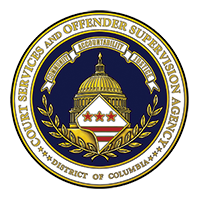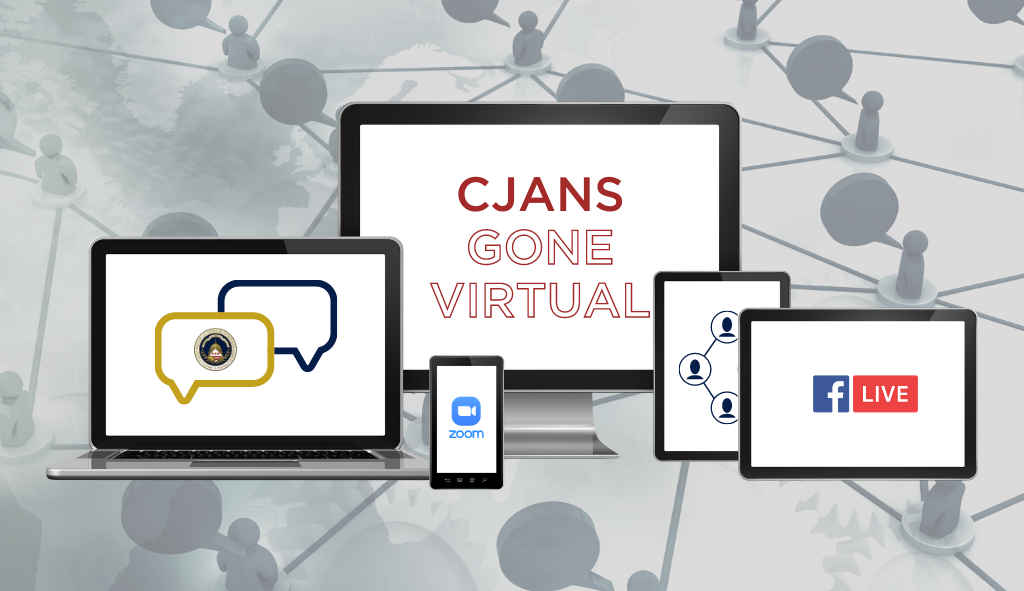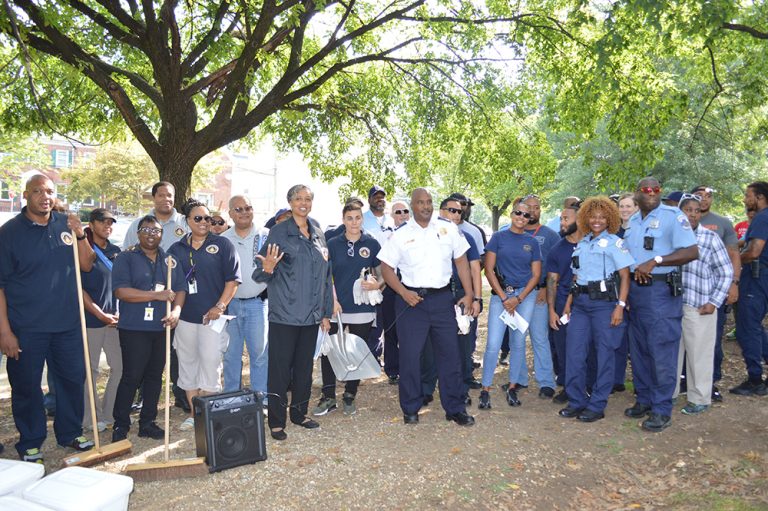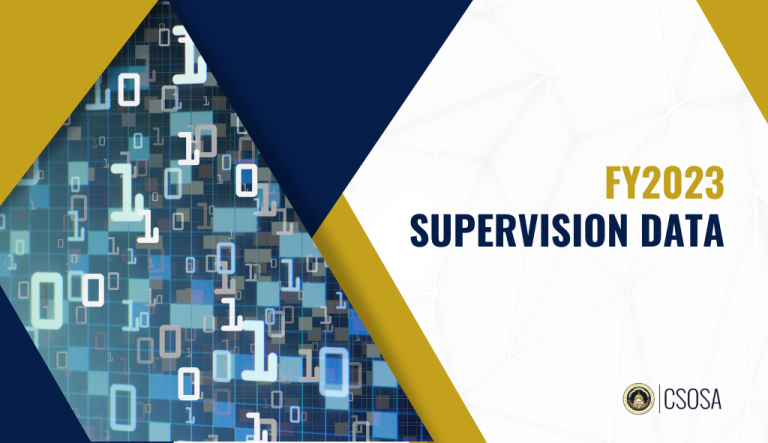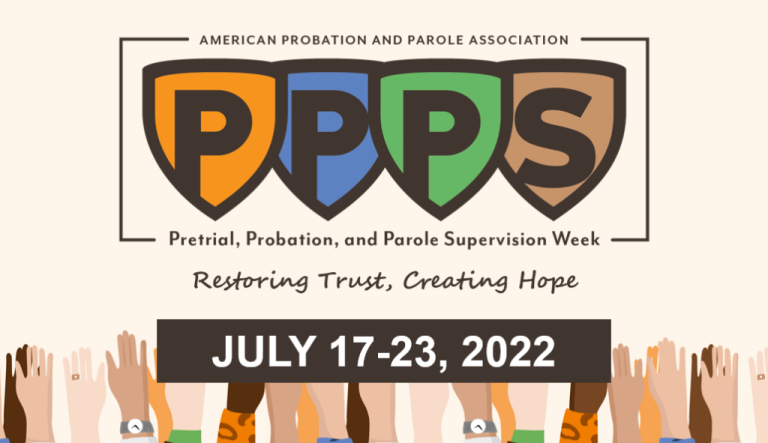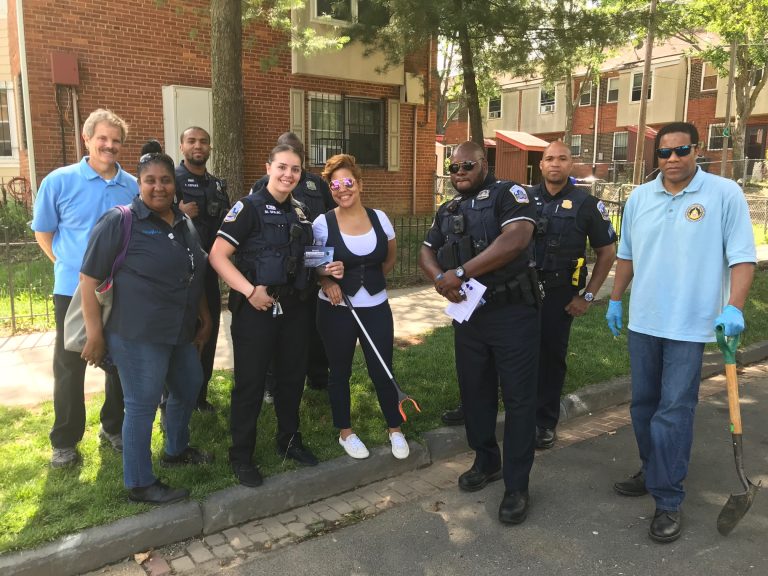CSOSA’S Community Outreach Reaches Hundreds of People Online
[vc_row][vc_column][vc_column_text]The Court Services and Offender Supervision Agency (CSOSA) remains as dedicated as ever to community outreach throughout the pandemic, using its virtual Community Justice Advisory Network (CJAN) meetings to reach hundreds of District residents.
Since April, the Agency’s Intergovernmental and Community Affairs Specialists (ICAS) have held nine CJANs in collaboration with community partners including the U.S. Attorney’s Office for the District of Columbia, the D.C. Office of Human Rights, the D.C. Department of Employment Services and other D.C. government agencies.
The ICAS staff, part of the Office of Legislative, Intergovernmental and Public Affairs, proved that navigating the coronavirus pandemic through virtual CJANs can provide the community with resources while keeping people connected.
“CSOSA was proud to continue our CJAN meetings virtually during this unprecedented time in our city, using Zoom and Facebook Live,” said Supervisory ICAS Trina Stewart. “The virtual CJANs not only provided an outlet for us to stay connected with people in the community but to also gain new community partners along the way, while engaging current partners including the U.S. Census Bureau, D.C. Board of Elections and the Metropolitan Police Department.”
ICAS Christine Barron and ICAS LaToshia Butler initiated the virtual CJANs by launching a series focusing on empowering women involved in the criminal justice system, providing information about entrepreneurship, domestic violence, sexual assault, and citizenship rights. Other CJAN topics included the importance of mental health during the pandemic, navigating employment challenges, and bias crime awareness. A variety of guest speakers provided valuable insights at the sessions. The program on mental health, for example, included appearances by experts with the Psychiatric Institute of Washington and MBI Health Services, LLC.
“Virtual CJANS can help bring a sense of community to populations that are easily overlooked,” said ICAS Butler. “Because the Agency quickly responded by providing the necessary technology, we were able to meet the needs of our partners and the community.”
The virtual CJANs allowed participants to gain valuable information to assist them in navigating the new challenges of reentering society and avoiding recidivism, while maintaining a safe social distance. “Like many organizations, CSOSA unexpectedly began conducting some business virtually,” said Ms. Stewart. “The virtual CJANs exceeded expectations. We plan to continue engaging the community and our partners virtually beyond the pandemic.”
“CSOSA is finding new ways to foster community partnerships with organizations like Prestige Services to provide mental health services for the people we supervise,” said ICAS Barron. “It is our responsibility to practice social distancing and to make sure that we are doing our part to keep the community and staff safe and it is also our responsibility to find creative ways to stay connected with the community we serve.”[/vc_column_text][/vc_column][/vc_row][vc_row][vc_column][mk_gallery images=”2738″ column=”1″ image_size=”full” hover_scenarios=”overlay_layer” overlay_color=”#183d75″ item_spacing=”3″][mk_gallery images=”2737″ column=”1″ image_size=”full” hover_scenarios=”overlay_layer” overlay_color=”#183d75″ item_spacing=”3″][/vc_column][/vc_row]

